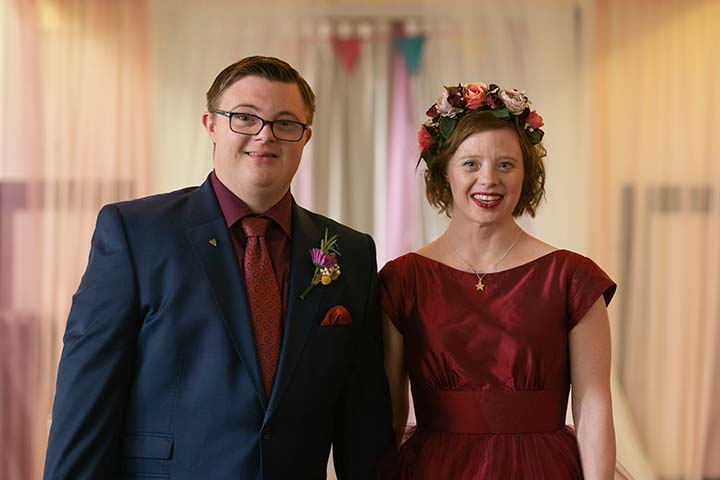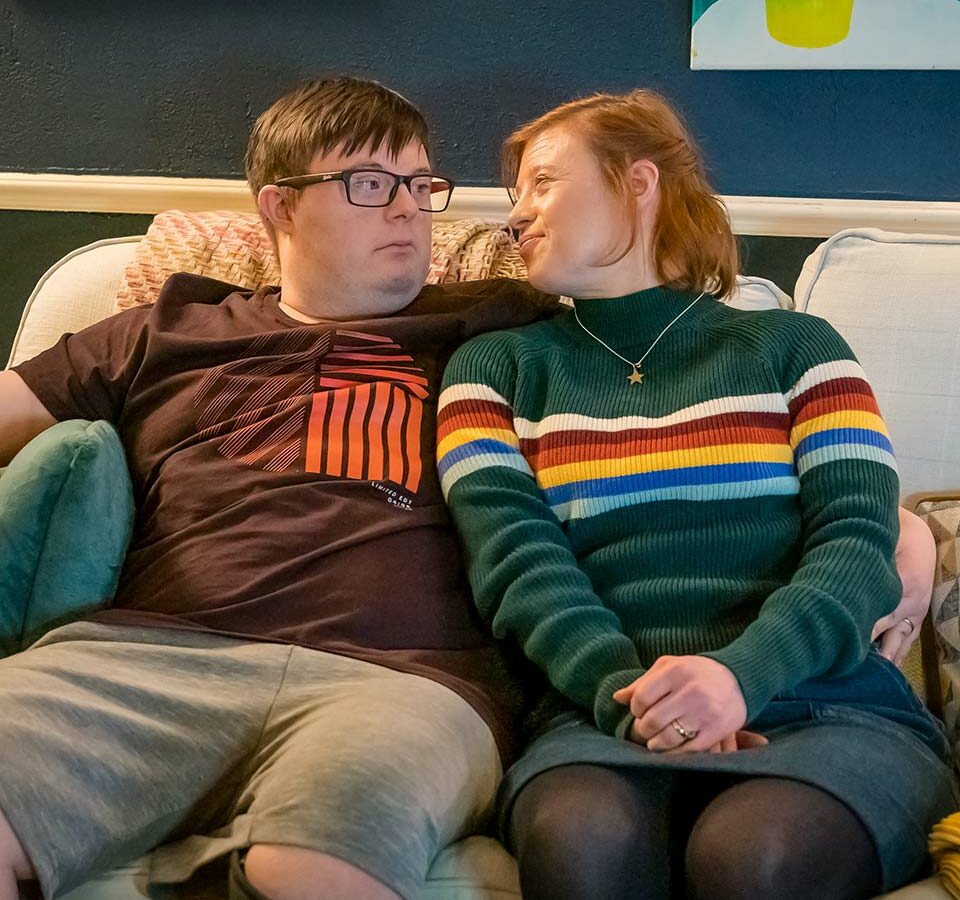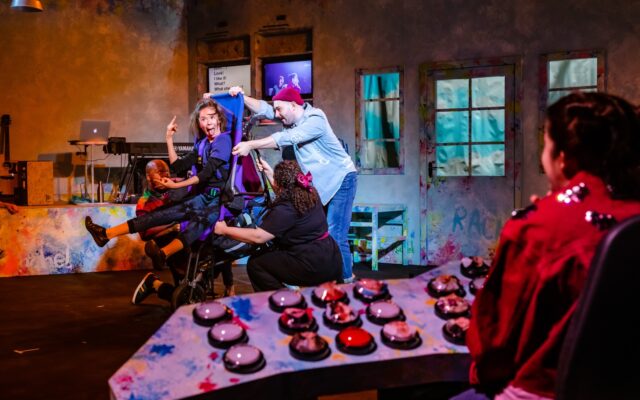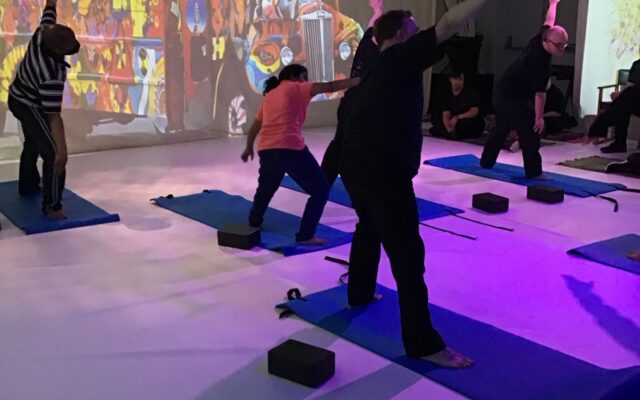In the A Word, an excellent BBC series featuring a Lake District family with an autistic child, two fairly minor characters with Down syndrome got married.
They are now the subject of a spin-off series, Ralph and Katie. Ralph and Katie Wilson (Leon Harrop and Sarah Gordy) are settling down to married life.
They live in the same Lakeland village, but have engaged a support worker and have their own place, complete with interfering neighbour and worried parents constantly knocking on the door.
Let’s first celebrate the fact that there is a six-part, prime-time BBC comedy drama exploring the lives of people with learning disabilities seriously with empathy and humour. I could not have envisaged that happening even 10 years ago.
Second, once the series hits its stride (in my opinion around episode three), it engages with important issues using a light touch without feeling boringly worthy.
In one striking episode, Ralph is confined to the sofa with his leg in a cast. The house fills with concerned family members, the support worker, a neighbour and friends, and starts to resemble a care home as everyone scurries about trying to “help” while ignoring Katie and reducing Ralph to a helpless patient.
Another episode deals with illness and fear of death. In a terrific scene, Ralph tells his over-solicitous and patronising neighbour Brian (Craig Cash) to “fuck off”.
Parental anxiety and the struggles of the couple to adapt to married life, exacerbated by obstacles from having a learning disability, are strongly woven into each episode.
There have been some Twitter mutterings about there being more people with Down syndrome in TV roles than those with other learning disabilities. However, this criticism is churlish when we have waited so long for any visibility on TV at all.
Also, Harrop and Gordy are highly trained, accomplished actors who have been working professionally since their schooldays. Each has faced rejection and prejudice. They were not parachuted in by a director who fancied featuring people with Down syndrome and found, miraculously, that they could act.
There is much to relish in this lively, intelligent, good-hearted series, its talented stars and the high- quality ensemble around them.
In I Used to be Famous, Vince (Ed Skrein), a faded boy-band star, is drifting into middle age in bedsit land broke, depressed and forgotten. It’s 20 years since he last performed. Hawking his synthesiser around pubs, he has doors slammed in his face.
When he is reduced to busking on a bench, a teenager appears behind him and starts to play along using his drumsticks and, to Vince’s surprise, is pretty good. This turns out to be the autistic Stevie (played by neurodiverse actor Leo Long).
The rest of the movie tells the story of their complicated relationship and collaboration.
The main characters are dealing with loss. Vince has lost his career and celebrity. Stevie’s hopes of a musical future are blocked by prejudice and his own difficulties. Stevie’s single mum Amber (Eleanor Matsuura) has buried her dreams of becoming a dancer to bring him up.
Netflix has designated this a feelgood movie, so you know the drill. However, all have a bumpy ride to get there and the film has some interesting things to say.
Feelings of guilt and grief drive Vince’s unhealthy saviour mentality over his protégé. Amber is terrified her son will get hurt if she lets go. Stevie is often crushed by everyone else’s anxieties and assumptions.
Worth a watch, despite its clichés.
Ralph and Katie
iPlayer
I Used to be Famous
Netflix






